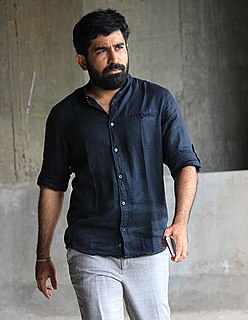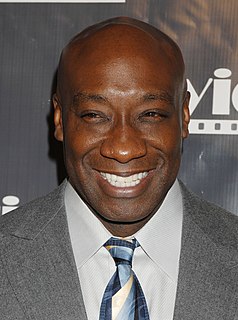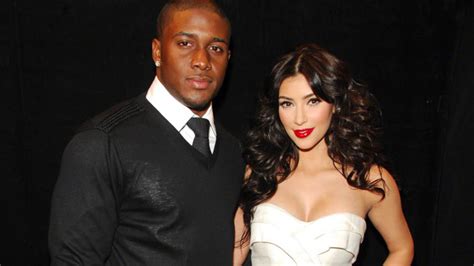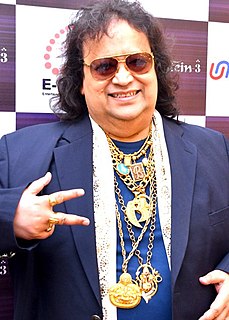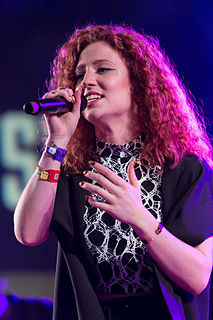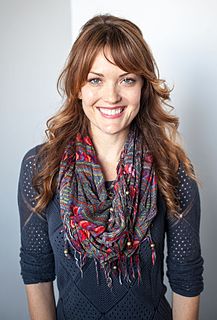A Quote by Vijay Antony
I knew my limitations even when I was a music director.
Quote Topics
Related Quotes
When I'm in the studio, I write the music, I play the different instruments, I produce it, I arrange it, and it's a self-indulgent exercise. It's the way I make my music. And when I'm acting, I get to leave myself behind, which is a relief. I get to collaborate with a director; I respect the director's medium and all the actors and actresses. So at the end of the day, it's about a character and it's about a director's vision. It's a really good balance for being so intense and alone in my personal process of making music.
I wasn't that academic, but I always made sure I was earning money. I never wanted to put all my eggs in one basket. Even when I started doing music, my parents were like, 'You need to work; you can't just live off music.' I always knew that. So I worked until I knew I was going to be financially okay.
Before writing a single note of music, and even before the spotting session, I find it best to sit down with the director and just listen to him or her talk about the film - what they're trying to say, what they want the audience to understand or believe, and a thousand other similar questions. The director has most likely been living with the film for years before a composer is attached, and so the director's inclinations, desires, and understanding of the film are paramount.
Think of anger as a muscle. The way you express anger isn't the way that I do, or you. If you have a good director, you will find that he's getting you to use an entirely different muscle that you never even knew you had - it's real hard and sore, then after a while it becomes normal. And you discover all these new muscles when you enter a new character - that's what a director does for you.
